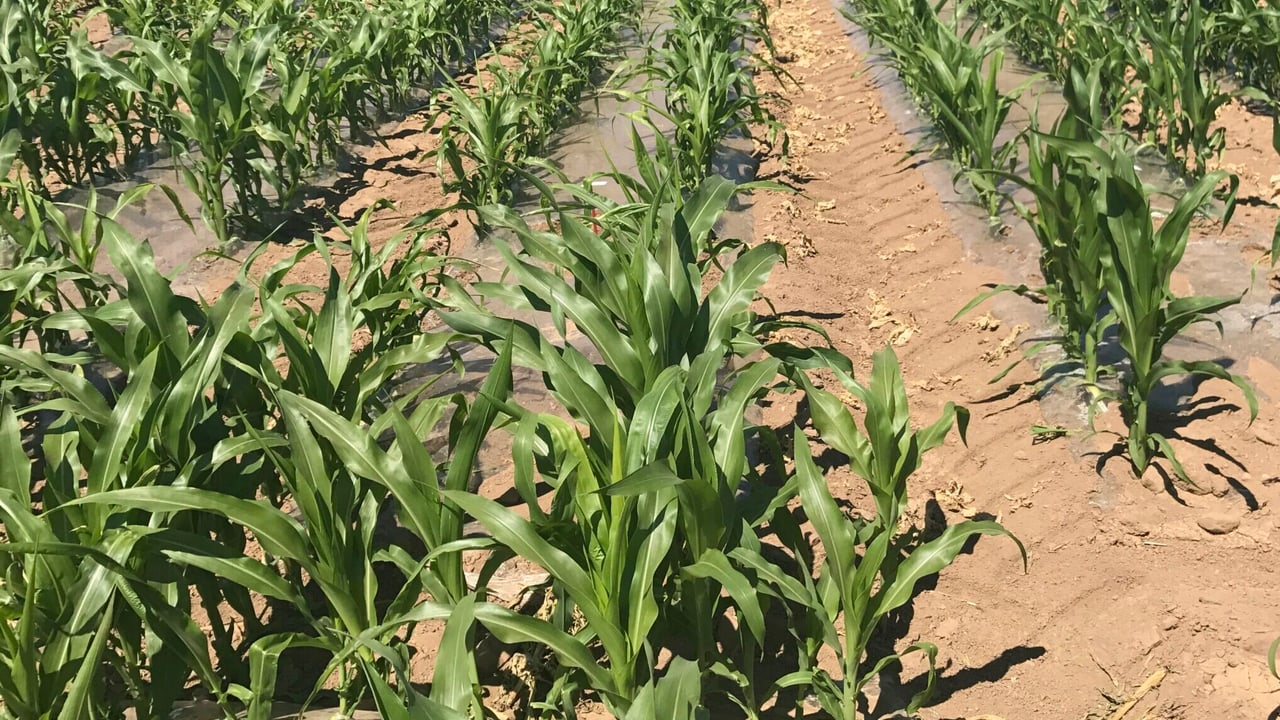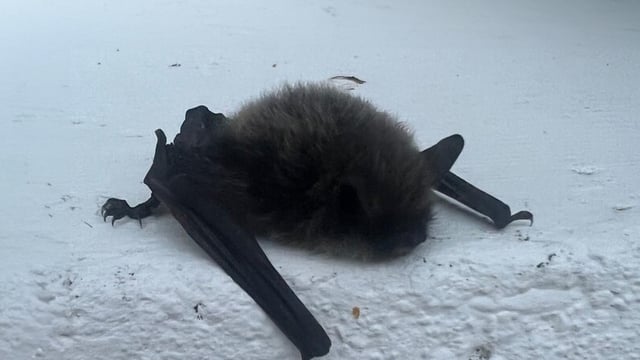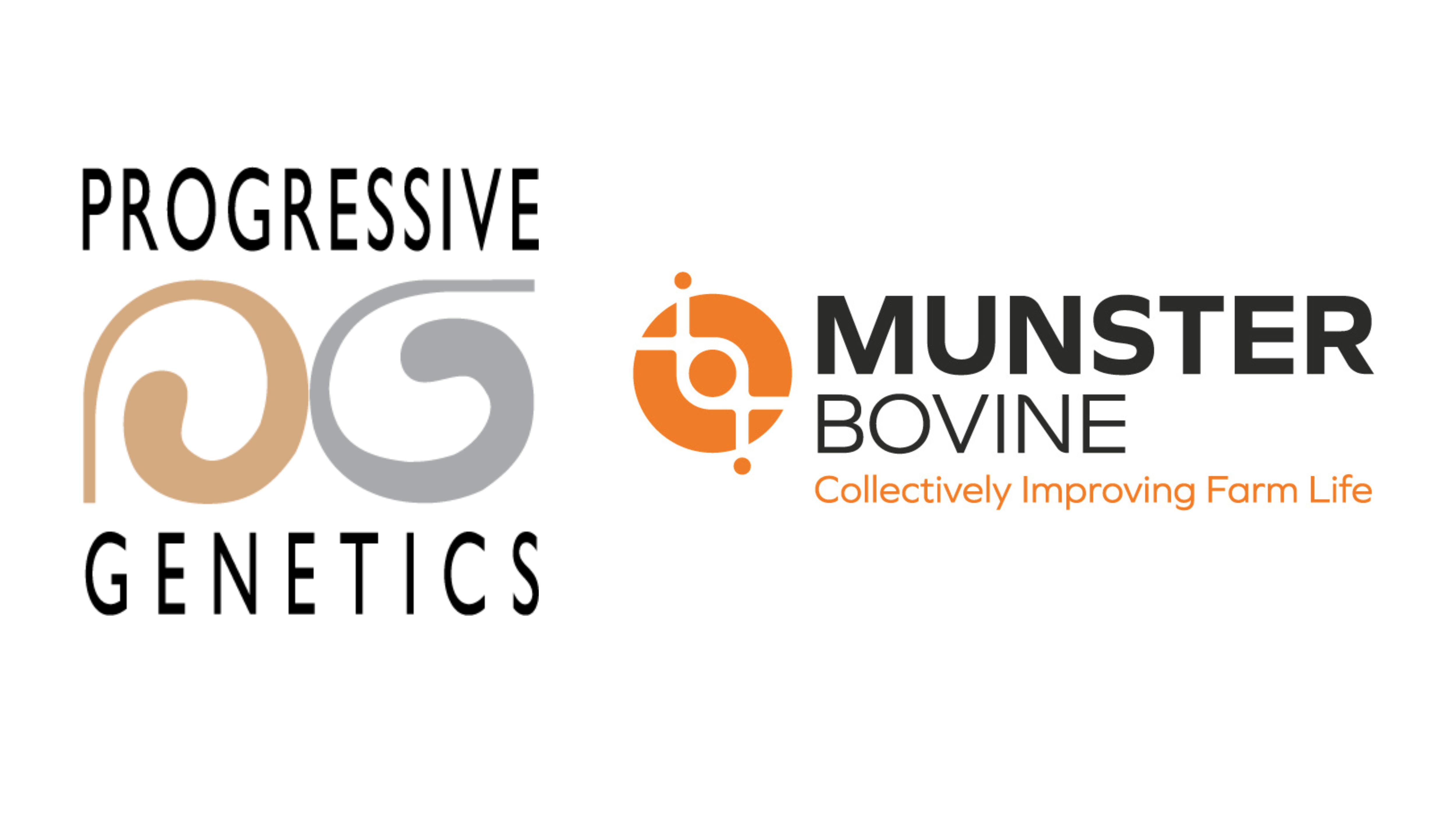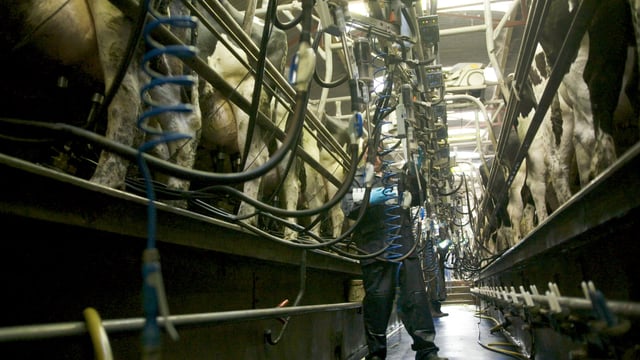2 genetically modified maize crops approved for food and feed
The European Commission has today (Tuesday, July 2) authorised two genetically modified (GM) maize crops and renewed the authorisation for another genetically modified maize crop for food and animal feed.
The commission's authorisation decisions only allow these genetically modified maize to be imported for use in food and animal feed, but not to be cultivated in the EU.
According to the commission, these maize have gone through a comprehensive and stringent assessment procedure, which ensures a high level of protection of human and animal health, and of the environment.
The European Food Safety Authority (EFSA) issued a favourable scientific assessment concluding that these GM maize are as safe as their conventional counterparts.
The authorisations are valid for 10 years, and any product produced from these genetically modified crops will be subject to the EU's strict labelling and traceability rules.
The commission said it had a legal obligation to decide on these authorisations after member states did not reach a qualified majority either in favour or against the authorisation at the Standing Committee and at the subsequent Appeal Committee.
Food and feed generally originates from plants and animals grown and bred by humans for several thousand years.
Over time, those plants and animals with the most desirable characteristics were chosen for breeding the next generations of food and feed.
This was, for instance, the case for plants with an increased resistance to environmental pressures such as diseases or with an increased yield.
These desirable characteristics appeared through naturally occurring variations in the genetic make-up of those plants and animals.
The European Commission has stated that in recent times, it has become possible to modify the genetic make-up of living cells and organisms using techniques of modern biotechnology called gene technology.
The genetic material is modified artificially to give it a new property, e.g., a plant's resistance to a disease, insect or drought, a plant's tolerance to a herbicide, improving a food's quality or nutritional value, increased yield.
Such organisms are called genetically modified organisms (GMOs). Food and feed which contain or consist of such GMOs, or are produced from GMOs, are called genetically modified (GM) food or feed.





